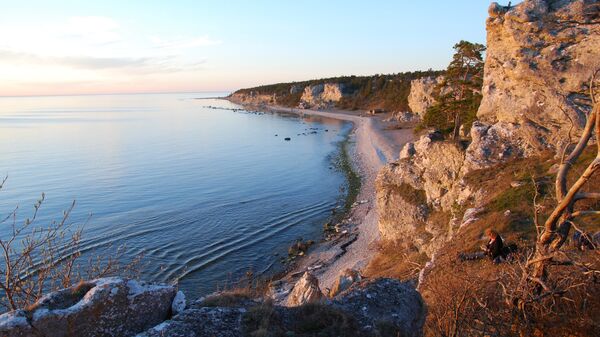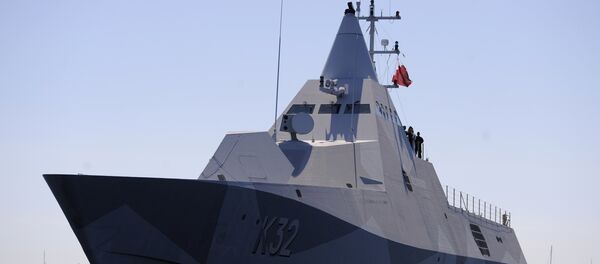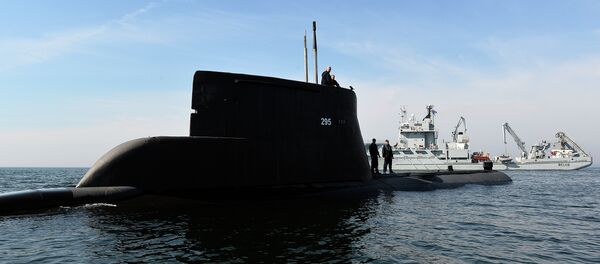"The most tangible effect of NATO membership would apparently be the elimination of the uncertainty that currently exists regarding how a possible Baltic crisis would ultimately turn out. At the same time, the West's overall conflict deterring capability is thus likely to increase," runs the key passage of the report, published by Swedish daily Dagens Nyheter.
The report gave a bleak picture of Sweden's defense capabilities in a new era, marked by Russia's "increasing antagonism" against the West. According to the report, the confrontation line between Russia and the West has shifted from Central Europe to the Baltic Sea region, which leaves Sweden particularly vulnerable. Russia was also pointed out as "the only state in Sweden's immediate surroundings that might exert military aggression against neighbors," citing Moscow's presumed unpredictability, desire to undermine NATO and penchant for hybrid warfare.
Today, many Swedish defense experts agree that Sweden itself is not a military objective for Russia, as long as the country remains outside NATO. However, Defense College former president Karlis Neretnieks published a theory, according to which Russia may attempt to "borrow" the Swedish island of Gotland to deploy air defense units on the island, in the event of a military conflict with NATO in the Baltics. According to Bringéus, Russia may have another reason to land on Gotland. It could do so partly in order to advance its own system, partly to prevent Gotland from becoming a platform for US aggression against Russia. In this case, the Russians would probably end up shooting down US planes coming to the Baltic states' rescue.
Despite the positive responses the report collected, Sweden's Defense Minister Peter Hultqvist and Foreign Minister Margot Wallström retorted from opposing positions, ensuring that the government is not considering a Swedish NATO membership, leaving Sweden non-aligned.
At present, Sweden is most connected with Finland in terms of defense cooperation. However, mutual defense obligations are missing, and the final goal is unclear. A number of Finnish and Swedish politicians have therefore advocated NATO membership as a preferred option.
According to Bringéus's security report, further defense cooperation with Finland would present Sweden with extra security risks and shift Swedish defense policy further east, towards the Russian border.
"The view of the situation comes from a single analyst, albeit a seasoned ambassador. It is good that Finland also understands that Sweden thinks this way, but in spite of this, defense cooperation between Finland and Sweden is progressing like a steam engine," Niinistö told the Finnish national broadcaster Yle.






